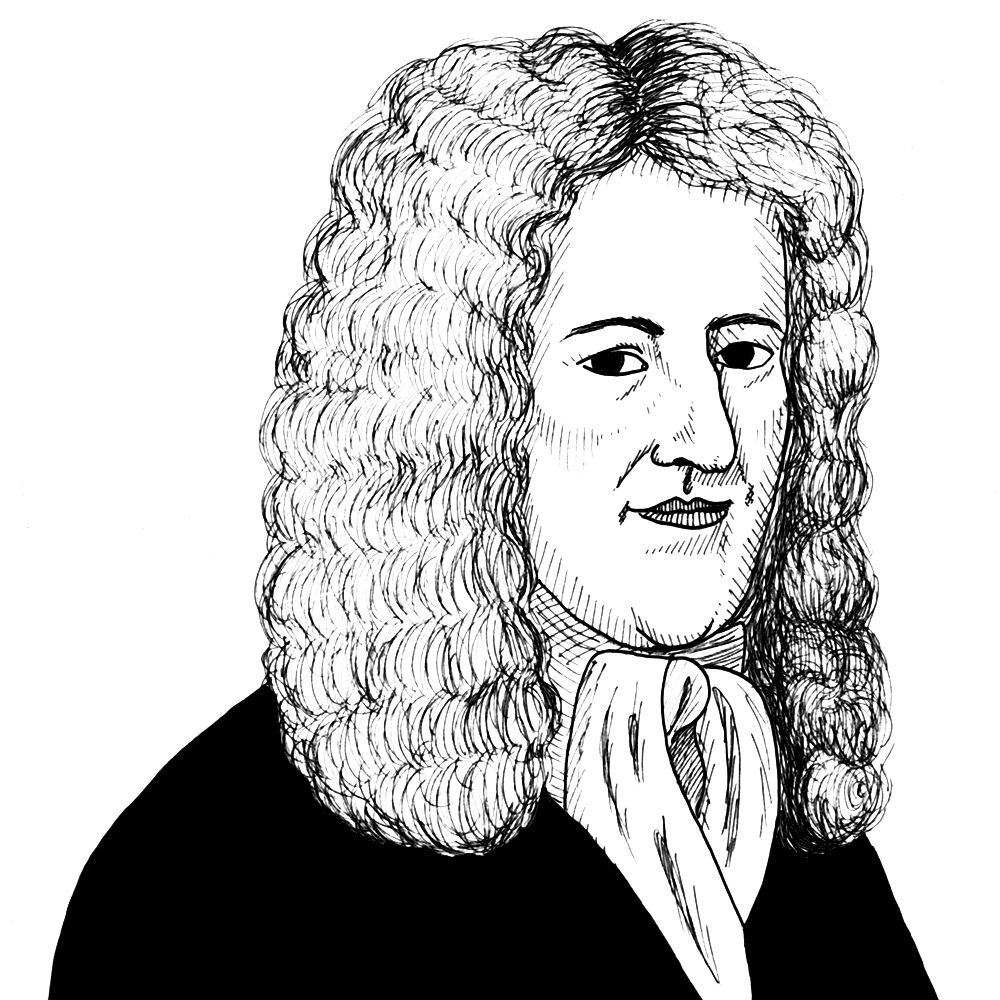
Andrew Fletcher believed that too many people were deceived by the “ancient terms and outwards forms” of their government but had in fact lost their ancient liberties (1698)
Found in: Selected Discourses and Speeches
In a discourse about the dangers to liberty of standing armies, Andrew Fletcher makes an interesting point about how easily deluded people can become about the gradual loss of traditional liberties:
Politics & Liberty
Now if any man in compassion to the miseries of a people should endeavour to disabuse them in anything relating to government, he will certainly incur the displeasure, and perhaps be pursued by the rage of those, who think they find their account in the oppression of the world; but will hardly succeed in his endeavours to undeceive the multitude. For the generality of all ranks of men are cheated by words and names; and provided the ancient terms and outward forms of any government be retained, let the nature of it be never so much altered, they continue to dream that they shall still enjoy their former liberty, and are not to be awakened till it prove too late. Of this there are many remarkable examples in history; but that particular instance which I have chosen to insist on, as most suitable to my purpose, is the alteration of government which happened in most countries of Europe about the year 1500.